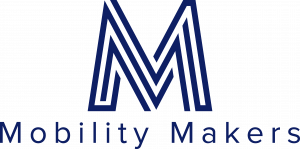The interview was filmed during Global Mobility Call 2022.
A few words from…
Uri Levine, Founder of Waze
I’m Uri Levine and I’m an entrepreneur. Amongst other startups that I’ve built is Waze and Moovit and actually dozens of other startups.
What is Waze?
So Waze is a driver app that helps drivers to avoid traffic jams or find the fastest route to their destination.
What is the impact of Waze on mobility?
For a second I would say drivers that are using Waze are spending less time on the roads right, because they know this is the fastest route.
And obviously the other drivers might be spending more time on the road. So saving time on the road for the Waze drivers impact dramatically the rest of the drivers as well because the Waze drivers are no longer on the road, right?
So the impact is actually pretty significant on mobility in general.
What is next after Waze?
Other parts that I’ve done after Waze is help Moovit to become successful.
Moovit is the Waze for public transportation. So essentially helping more people to use public transportation.
But really in order to address traffic jams inside metropolitan areas, there is a need of the regulator, department of Transportation to get involved and change the way of using the roads.
Do you see any upcoming trends in mobility?
In most cases, we are seeing local solutions. Last mile through scooters is a local solution for the Last Mile.
On-demand trips service like Uber, or Cabify, or many others are for on-demand, usually a single-vehicle, or single-person transportation.
So a lot of Mobility as a Service solutions that we are seeing out there, they are all very important. Because each one of them is addressing a very unique problem.
There is more that needs to be addressed but I think, that at the end of the day, these are the opportunities of entrepreneurs to go and create impact.
What other challenges do you see in sustainable mobility?
No doubt that the volume of cars is outrageously high and it shouldn’t be that way.
Because if you think about your own car, you are using it about 1 hour a day. 1 hour day you’re using your car, the rest of the 96% of the day not only that you’re not using your car, your car is actually occupying a parking place right.
And obviously we don’t need that. We need to share the cars and we need to share the rides. And each one of them address a different issue.
Sharing cars is about total number of cars, is about manufacturing, resources that we don’t really need, it’s about parking places that we don’t really need. Sharing rides is about reducing traffic jams.
Could you imagine your life without using Waze?
You know, I hate traffic jam so badly that in Tel Aviv I’m riding my bicycle nearly everyday.
And I’m trying to avoid using my car. So in that sense yes.
But obviously when I’m going to a place in my own car then I cannot even think about using it without using Waze.

